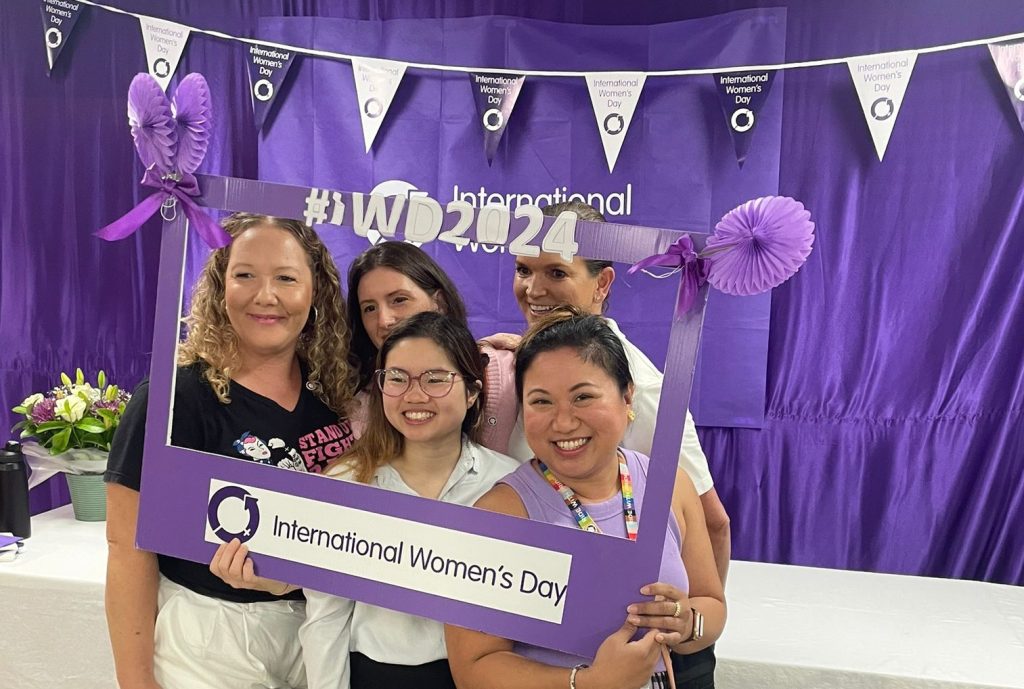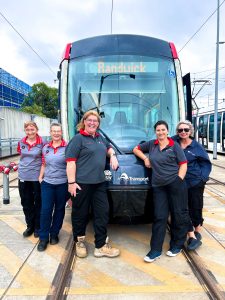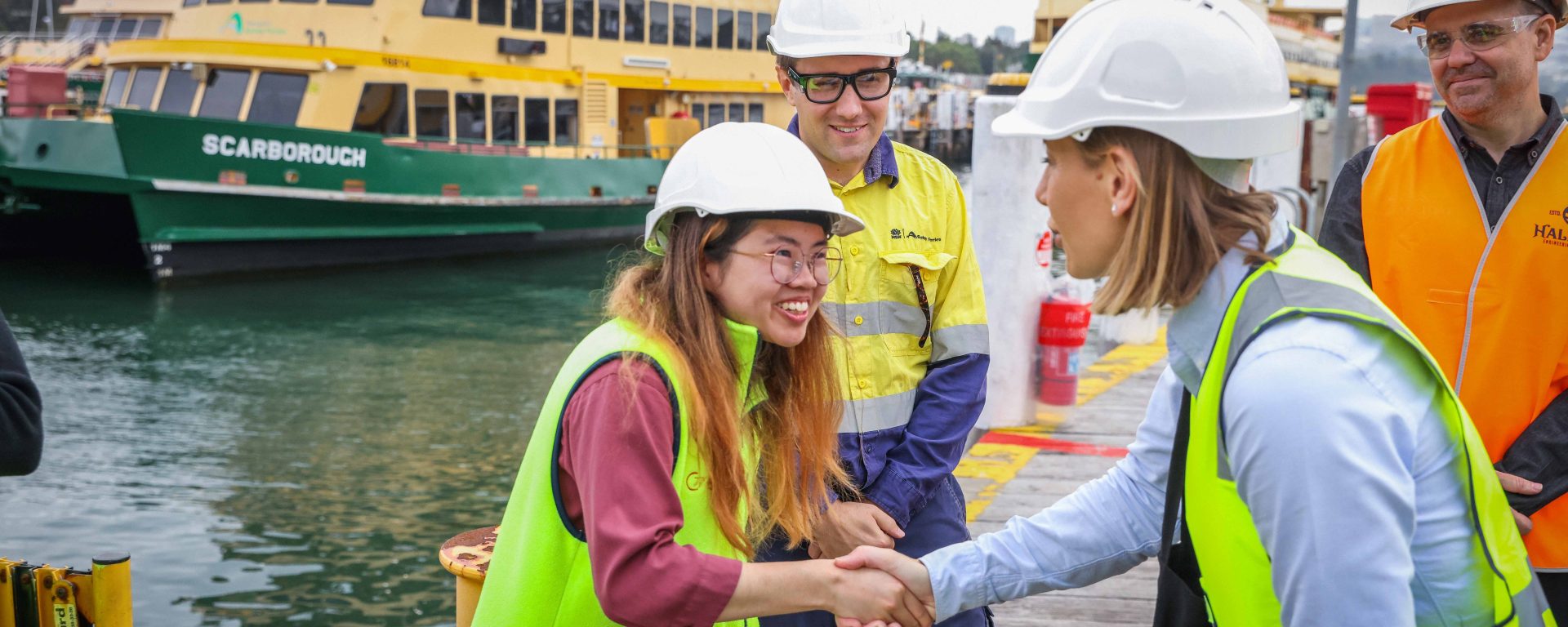Trandsev’s inaugural equality action plan outlines how Transdev will become an even more inclusive employer with actions to improve the gender balance and female participation rates in the next three years.
Some of our targets include:
- Increasing our share of female drivers to 20% across Australia and New Zealand (currently 10% in Australia and 15% in New Zealand) and
- Increasing the number of top female leaders to 35% by 2025.
Transdev’s Chief Financial Officer and Inclusion Ambassador, Alexia Gontier, said Transdev valued the contributions of women in the industry and was actively encouraging growth in their careers.
“Our plan is to attract, develop and engage female talent right across our businesses,” Mrs Gontier said.
“It’s about creating a work environment where women are supported and encouraged to challenge themselves and grow.
“Transdev is enabling women to achieve through our culture, our policies and processes and respect for everything that women bring to their workplace.”
Mrs Gontier said Transdev’s Gender Equality Action Plan included targets not only for workforce participation but also increased communication, mentorship and networking opportunities for women.
Today, Transdev is especially proud to celebrate International’s Women Day and all achievements and contributions of women across the public transport sector.
How we celebrated International Women's Day
Transdev celebrated International Women’s Day with celebratory events across all our operations including at the Transdev John Holland bus depot at Port Botany in Sydney this morning.
The Port Botany team and broader community heard from women across teams and levels on their experiences as women in the transport sector but also to hear about the work and expansion of Transdev’s Women on the Move Network.
This network is about empowering women in our workplace and also attracting and retaining women in the workforce. Created at Transdev John Holland in 2023, the program has been instrumental in everything from recruitment campaigns, workforce policy, procedure and training improvements to depot facilities and uniform options.

Learn more about how we're elevating women in transport
Our Elevate program, in partnership with Athena Leadership Academy, will develop 12 senior female managers from across Transdev Australia.
Congratulations to Transdev’s first Elevate program participants: Lucy Loadsman, Kavitha Dey, Rebecca Shearon, Joana Feiteira, Michelle Howley, Kristen Clifton, Gillian McGilviray, Kiersten Hocking, Chloe Scully, Rita Haitas, Shelley Hamer and Katrina Wild.
“As an inclusive employer, we’re proud of the actions taken to improve our female participation rates and leadership roles across our business”, said Mrs Gontier.
Mrs Gontier said Transdev valued its external partnerships and work with:
- The Workplace Gender Equality Agency
- Work 180
- The Australasian Rail Association: Women in Rail Program
- Women in Transport and
- Athena Leadership Academy.
Transdev will continue to explore ways of expanding these connections and capitalising on the opportunities they provide.
 | Also today, six of Transdev’s newest Sydney tram drivers – trained at an innovative all-female driver training school – graduated from our Randwick depot. Graduation certificates were presented to our six amazing new drivers: Nicki Martin, Heather Goodman, Elena Jovanovska, Lissa Bradley-Loftus, Sarah Jane Coffey and Jahsie Paez. Sarah Jane Coffey said the female training school was a supportive environment which she recommended to others. “The trainers were really encouraging and we also supported each other. The more women who join the better, after all, it’s not a man’s job, it’s a person’s job.” |
Transdev also performed well in its first annual Workplace Gender Equality Report recently – compared to our transport sector peers.
Our gender pay gaps have closed year on year and and our average gender pay gap is now -5.0% compared to our industry peers at 4.1% (negative % indicates women are paid more on average than men).
Our progressive parental leave policy exceeds the industry average of 9.8 weeks, providing an average entitlement of 12 weeks leave (up to 16 weeks for primary carers).

